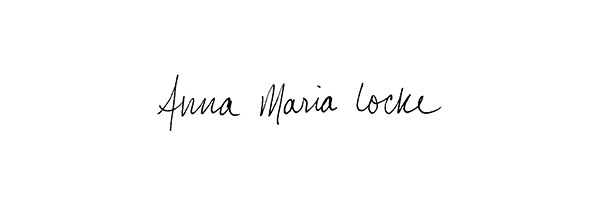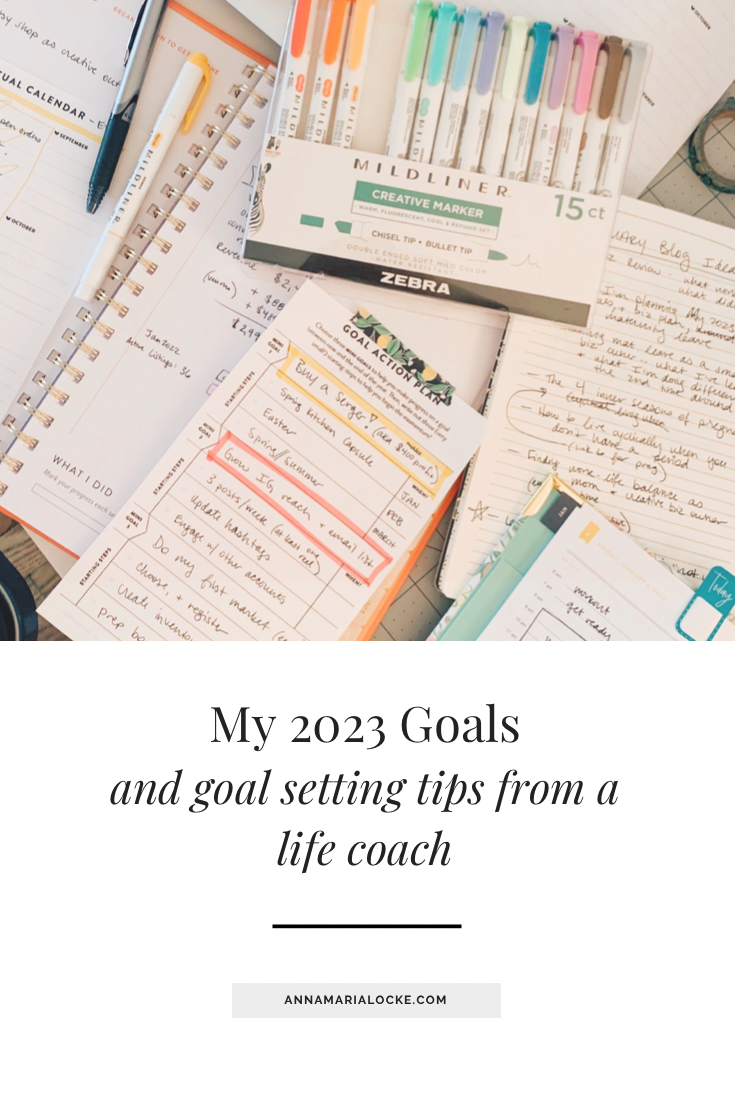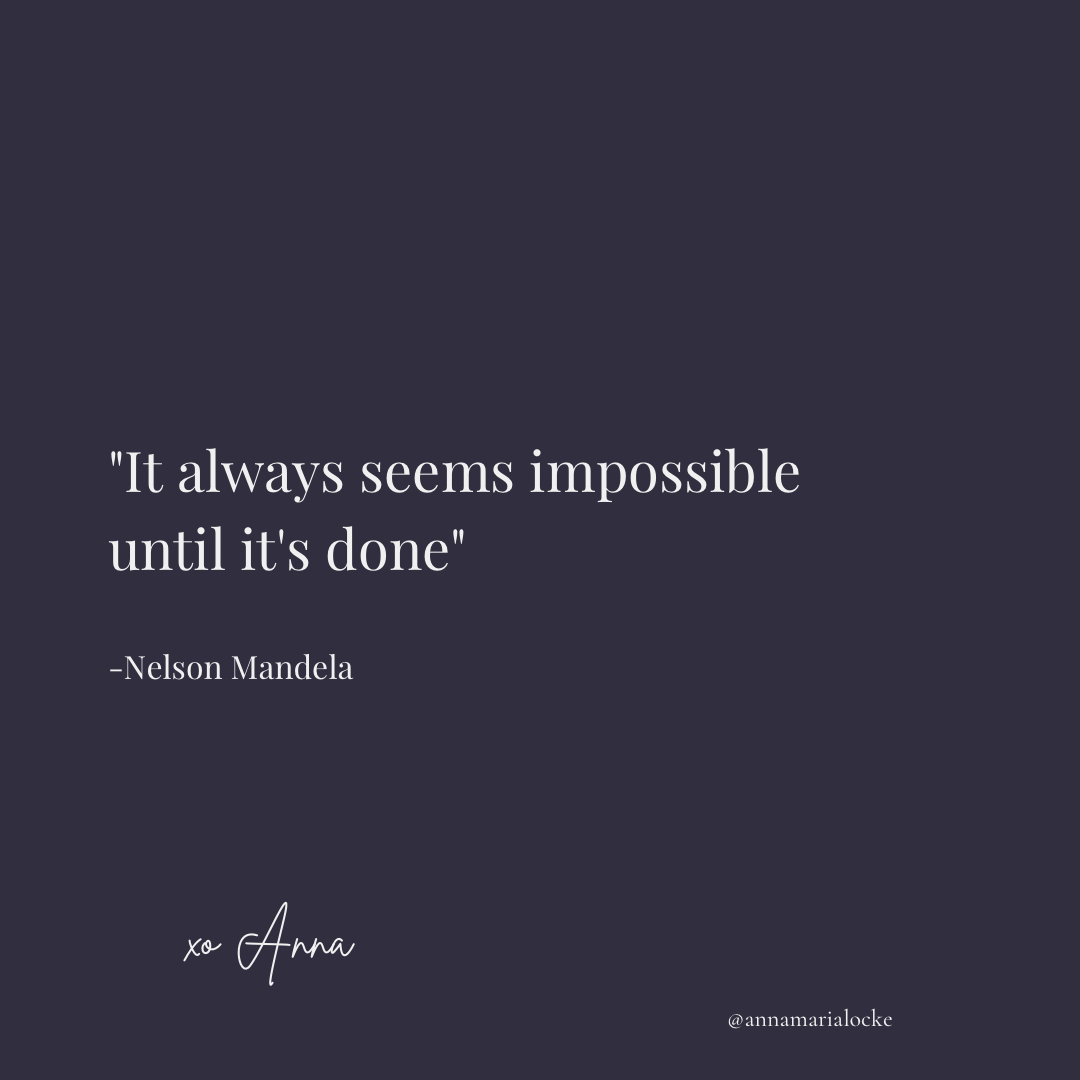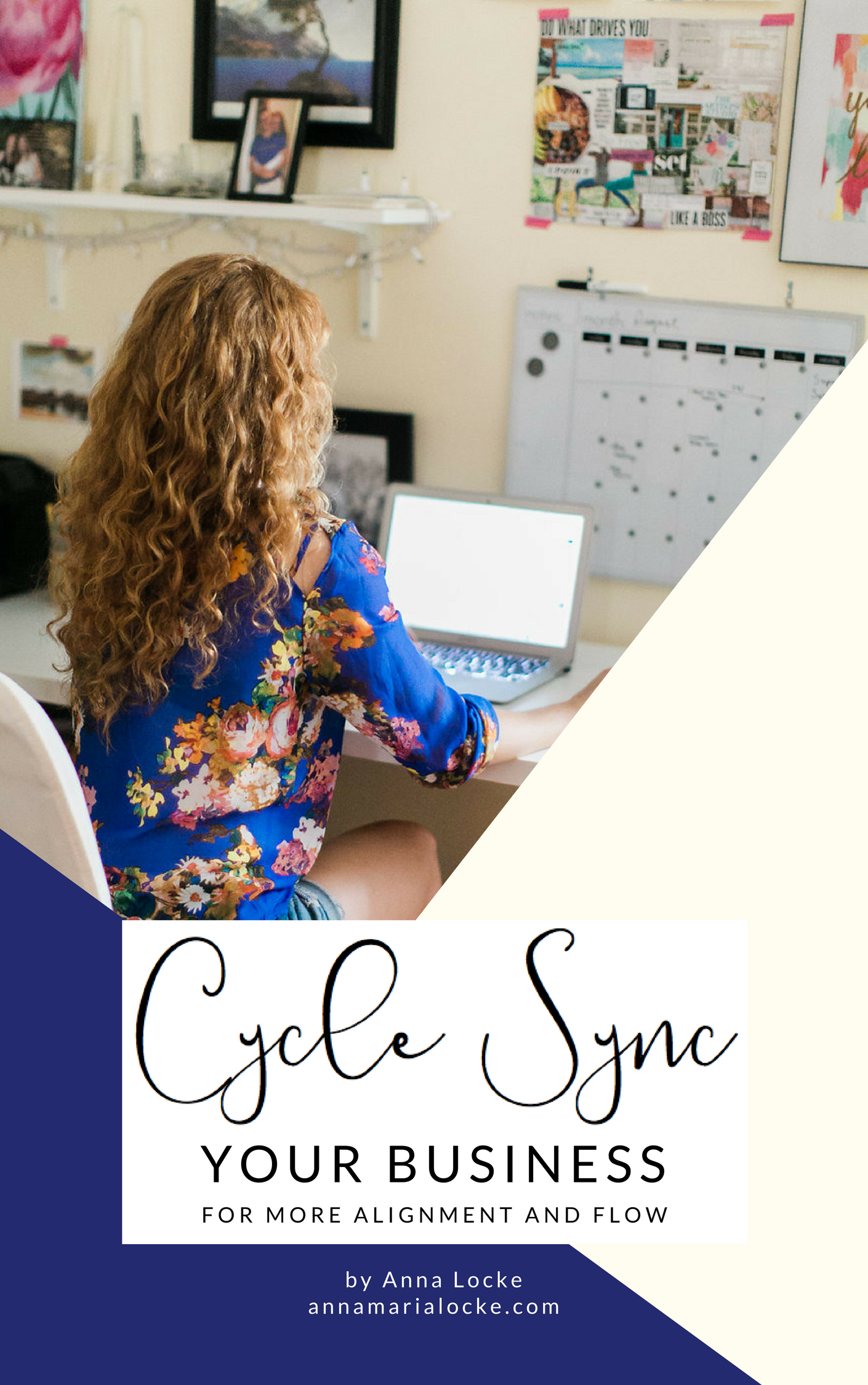Here’s my loose 3 step framework for setting heart centered, intentional goals:
1. Ask: How do you want to feel?
A few years ago I discovered Danielle LaPorte’s The Desire Map system and instantly fell in love with the radical approach to setting goals based on core desired feelings instead of achievements.
Behind all our intentions and dreams is a desire to feel a certain way.
How will you feel when you lose 20 pounds? Start your business? Move across the country? Deepen your relationship with your partner? Pay off your debt?
When you’re clear on how you want to feel, you’ll gain clarity on what you need to do to move into that feeling, and might even find yourself adjusting your goal to be more aligned with the person you want to become. It also takes the pressure off and allows us to enjoy the process, since we can always control how we feel. YES, I promise! Don’t wait until you’ve achieved your goal to practice feeling how you want to feel, and the end result will feel a lot closer and easier to reach.
2. Know yourself
The more you know about yourself and how you’re wired, the easier it will be to figure out what you need to do or shift in order to feel fulfilled. Because ultimately, isn’t that the whole point of goal setting in the first place? It’s not a race to see how much we can accomplish or achieve before we die. It’s about living as fully as we can! Really living. Not living to get to the next step, but enjoying where we are in this season or stage of the journey.
I recommend seeking out a coach, friend, personality typing system that intrigues you, and be a lifelong learner of yourself.
But for now, trust that the years you’ve already lived have provided you with all the wisdom and insight you need.
Here are a few questions to think about or journal through:
What are your typical sabotaging thoughts?
How do you hold yourself back?
What kinds of goals have you failed to reach? (Hint: stop setting those kinds of goals)
What motivates and inspires you? (Hint: follow that path)
What challenges you to grow?
What is actually FUN for you?
For example, don’t set a goal to run a marathon if you actually hate running. This sounds obvious, right? But sometimes we get blindsided and swept up in other people’s enthusiasms without pausing to ask ourselves if it’s something we want to do.
Maybe you love structure and routine and setting a detailed plan then crushing it.
Maybe having a plan actually triggers you into self sabotage because you need more freedom and flexibility.
Maybe you love the actual process of goal setting, but are turned off by in-depth tracking systems or action plans, and just need a monthly or quarterly check-in with your bigger picture (this is me!)
Know yourself and how you operate!
This also allows you to start with your “why”. Your belief systems. The foundation behind everything you do. No more second guessing yourself!
If you want more guidance in digging a little deeper into your values and beliefs, you can download my free Create an Inspired Year goal setting journal guide in my resource vault here!
3. Differentiate between ACTION and OUTCOME based goals
We live in a culture that overemphasizes outcomes and achievements, getting things done and being as productive as possible.
This leads to a lot of dissatisfaction and disconnection. We are dissatisfied because in our race for more, we aren’t allowing ourselves to enjoy what we already have. We are disconnected from our intuition and heart nudges, from our relationships, from nature. It all leads to burnout, mental health issues, failing relationships, the destruction of the environment if you want to zoom out.
But if you zoom all the way in, what I’m most passionate about studying and healing is our disconnection to ourselves.
What does this disconnection look like? Lack of boundaries, self love, self trust, eating disorders, mood disorders. Chronically feeling like we are never good enough. Physical health issues.
When we reclaim our connection to ourselves, we reclaim our power.
But in order to do that, we have to stop listening to the noise around us, stop comparing ourselves to what everyone else is doing, and start tuning in. We have to have faith. We have to trust that we are good enough. That it’s safe to slow down. We have to practice radical self care. We have to risk our family, friends, coworkers not understanding or supporting the changes we are making.
We have to basically be counter-cultural.
What does that actually look like in practice?
One way to overcome addiction to achievement and start to feel more aligned (workaholism = attaching sense of identity and worth to external achievements, recognition and productivity) is to bring awareness to outcome vs action goals.
OUTCOME GOAL: lose 10 pounds
ACTION GOAL: move my body 30 mins a day in a way that feels good
We have less control over outcomes, so it’s easy to feel like we’re constantly failing.
Actions are things we can mark as either done or not done. By focusing on actions, we start to build a sense of self trust by following through on our word to ourselves. We can also quickly realize if our outcome goals we want are actually something we want! Maybe you are failing to reach an outcome goal because you aren’t ready or wiling to take the actions necessary to reach it. That’s ok. This is how we align with ourselves, by letting go of actions and related outcomes that don’t actually feel good.
What works for someone else doesn’t have to work for you.
This is FREEDOM! Permission to stop comparing yourself to anyone else.
Final thoughts
Remember that every finish line is another starting line. We’re constantly changing and evolving, and life is always changing around us. Embrace the uncertainty and release your expectations that things “should” happen in a certain timeline, and allow your goals to evolve and grow with you.
Lets put less emphasis on achieving or checking boxes off a list or nailing our “SMART goals” and more emphasis on feeling happy and fulfilled, right here today, in the life we’ve created for ourselves. Because wherever you are right now, even if you are dissatisfied or unhappy, is a product of all the decisions you’ve made up until this moment in your life.
If you want to change your reality, change the daily decisions you are making. You don’t have to make big bold moves. Tiny micro shifts will point you in a whole new trajectory if you just give yourself the gift of time.
And don’t forget to celebrate how far you’ve already come :)
You’ve got this!
xo Anna













